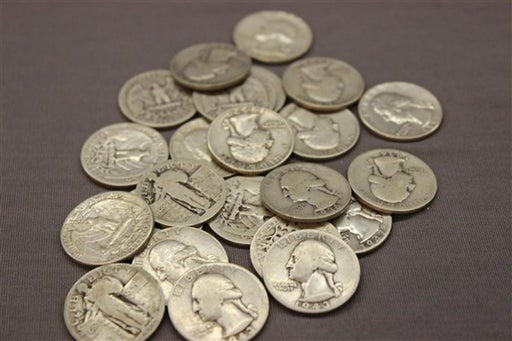Gresham’s Law is an economic principle that explains how “bad money drives out good money” in circulation. This concept, named after Sir Thomas Gresham, asserts that when two forms of money with different intrinsic values are used in an economy simultaneously, people tend to spend the currency with lower value (lousy money) and hoard the currency with higher value (good money). As a result, the more valuable currency disappears from circulation.
This Law has often been illustrated through historical examples, notably when governments issued debased or fiat currency worth less than coins containing precious metals like gold or silver. People would prefer to spend the debased or overvalued currency and keep the more valuable, full-metal coins as a store of value.
For instance, during the 19th century in the U.S., silver and gold coins circulated together. When the value of silver decreased, people would spend their silver coins and hold onto the gold coins, leading to the disappearance of gold from circulation. Similarly, when governments issue paper money not backed by precious metals, individuals often hoard the more valuable metal-based currency.
